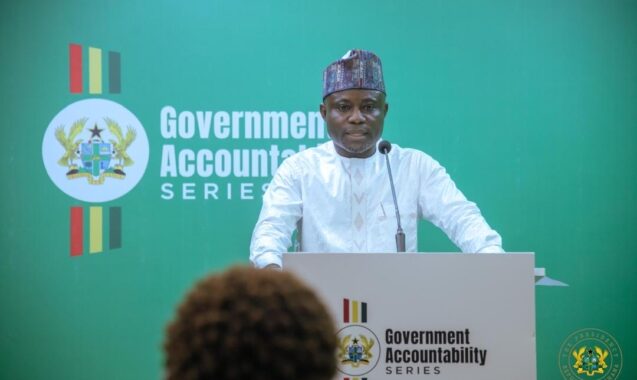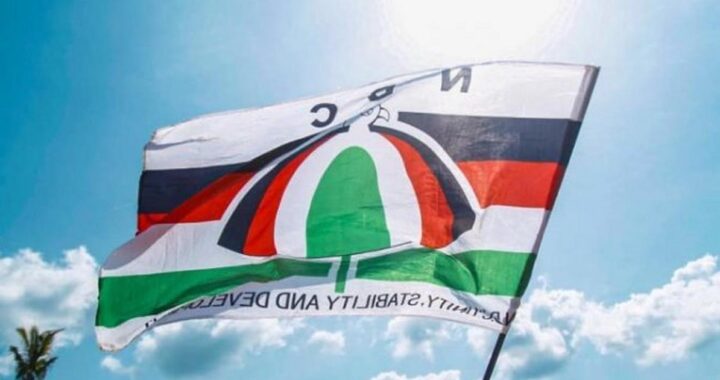Ghana Cocoa farmers threaten to smuggle beans over unfair new price

Tens of thousands of cocoa farmers across Ghana are threatening to shut out government officials and potentially smuggle their harvests across borders in a growing revolt over what they call an unfair and inadequate farmgate price for the upcoming 2025/2026 cocoa season.
The unrest is due to the government’s recent announcement of a fixed farmgate price of 51,660 cedis ($4,783) per metric ton, equivalent to 3,228 cedis per 64-kilogram bag; a mere 4% increase from the previous season. While officials from the Ghana Cocoa Board (COCOBOD) tout the price as stable and reflective of market conditions, farmers say it is contrary to the promises made by the government to pay 70% of the international free-on-board (FOB) price, which they estimate should have translated to approximately 3,800 cedis per bag.
A cocoa farmer from the Western North Region, Kwame Asare, complained that the price is not sustainable and the cost of insecticides, labor, and equipment has skyrocketed. This has led them to sell the cocoa beans across the border for better prices.
That border in this case refers to the Ivory Coast and Togo, where the crisis could escalate. Farmers in border regions have openly threatened to smuggle their entire harvests if the pricing issue is not resolved.
The price gap between Ghana and its neighbors is estimated at around 700 cedis per bag, a gap that has a powerful economic incentive for illicit trade.
The Ghanaian Farmers Cocoa Coalition, representing over 300,000 smallholder farmers, has announced plans to bar COCOBOD field officers from accessing farms.
These officers are responsible for monitoring crop health, distributing subsidized inputs, and verifying harvest services critical to the country’s cocoa production system. Blocking them could severely disrupt agricultural oversight and support programs.
According to industry reports, Ghana lost an estimated 160,000 tons of cocoa to illegal cross-border trade in the 2023/2024 season alone. Smuggled cocoa often ends up in the Ivory Coast, where prices are perceived to be higher and payment systems more reliable.
COCOBOD has defended the pricing decision, citing global market volatility and the need to maintain financial sustainability. However, farmers remain unconvinced, demanding immediate renegotiation and transparency in how the price was calculated.

 MoH postpones Nursing & Midwifery licensing exams to September 4
MoH postpones Nursing & Midwifery licensing exams to September 4  Ghanaian striker Felix Afena-Gyan joins Turkish club Amedspor on loan
Ghanaian striker Felix Afena-Gyan joins Turkish club Amedspor on loan  Akandoh explains handshake with alleged assault suspect at Ridge Hospital
Akandoh explains handshake with alleged assault suspect at Ridge Hospital  NDC announces guidelines for the Tamale central by-election primaries
NDC announces guidelines for the Tamale central by-election primaries